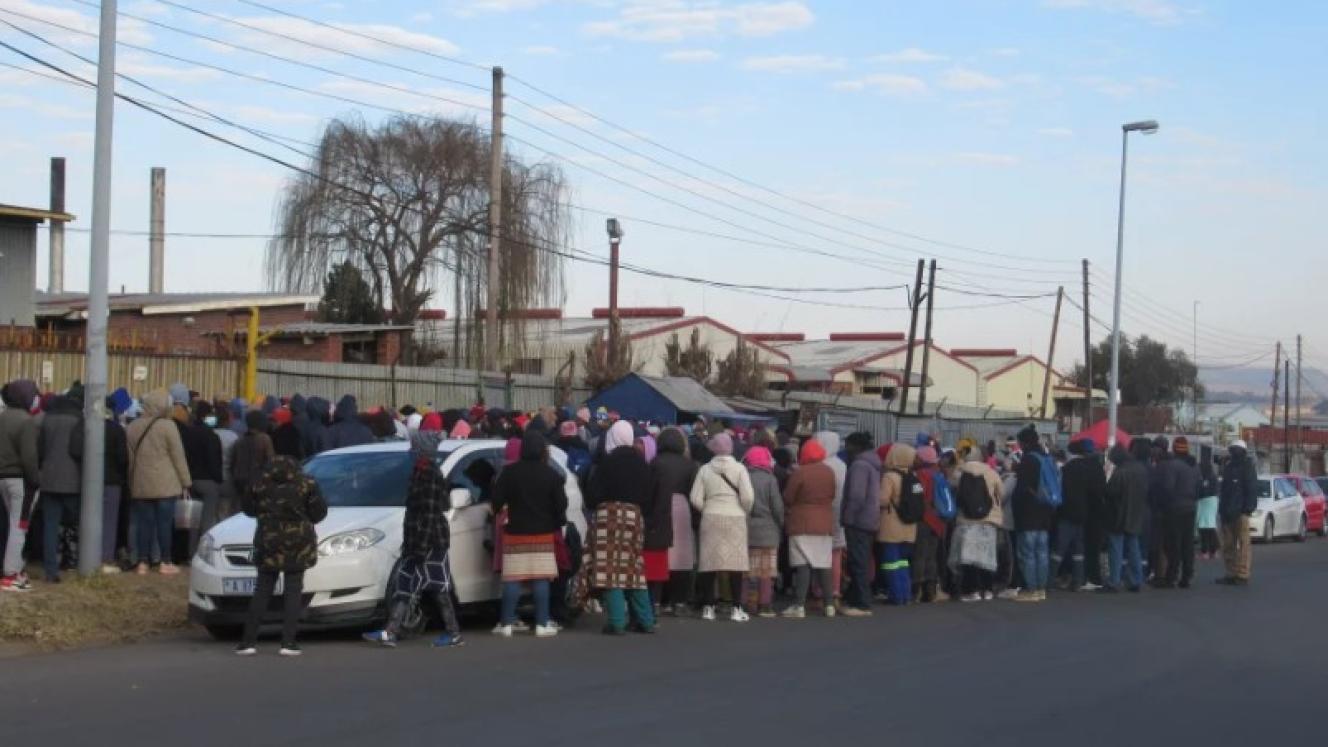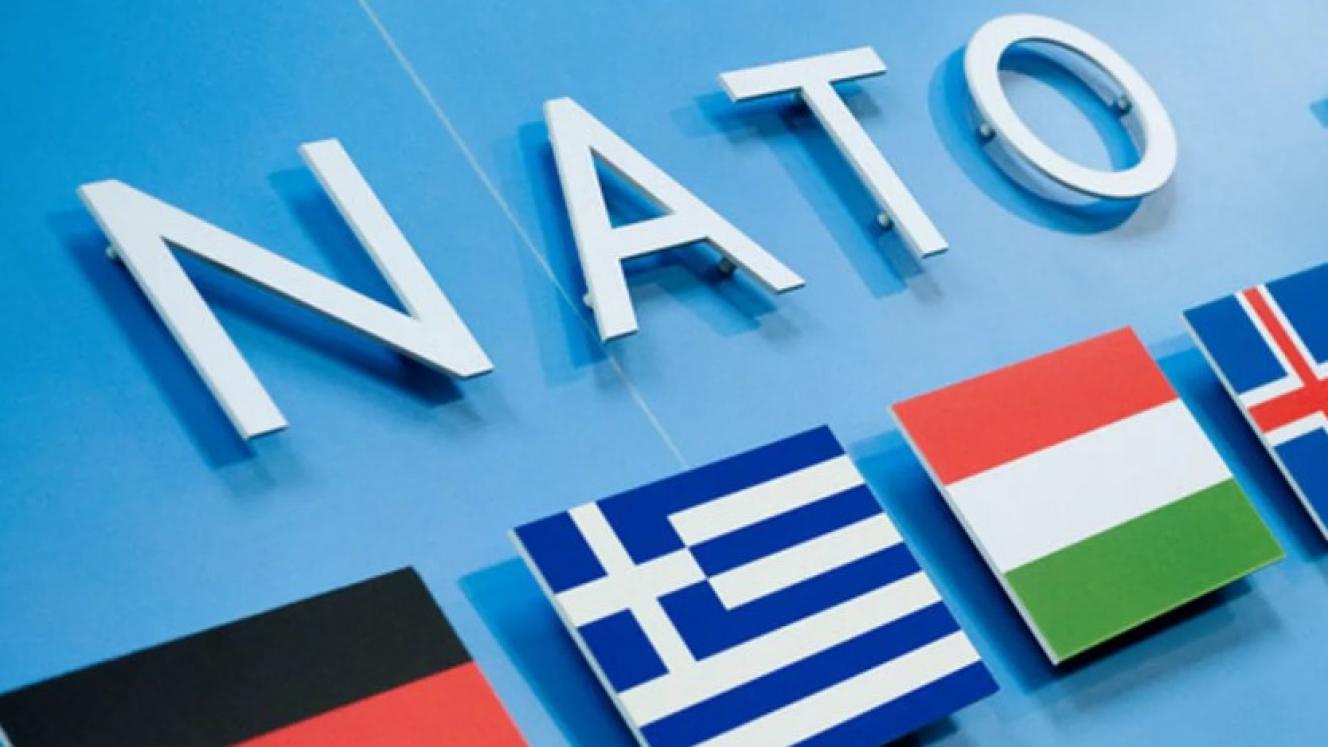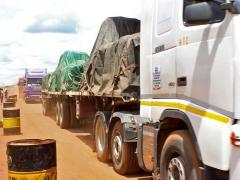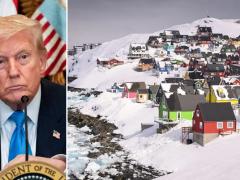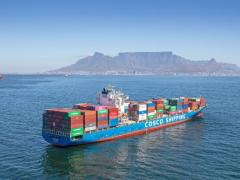More evidence is emerging of the devastating effect US President Donald Trump’s 50% tariff increase is having on Lesotho’s textile industry, responsible for generating about 19% of the country’s GDP.
But it’s the on-the-ground impact of an industry that provides ad hoc employment for up to 50 000 labourers from places like Thetsane to Maseru that is most telling.
Once referred to as ‘the denim capital of the world’, Maseru’s fabric sector, manufacturing material for brands like Levi and Old Navy, has been battered by the tariffs Trump announced in May – the highest to be imposed on any African nation.
According to National Public Radio (NPR) in Washington, many other factories have since been forced to shut down, with buyers unnerved by the announcement of a 50% tariff.
This is despite the 90-day pause on increases announced by Trump shortly after his government embarked on a trade crusade against at least 22 emerging economies.
Since then, Lesotho’s constitutional monarchy under King Letsie III has declared a two-year national state of disaster in an effort to unlock funding and generate employment.
However, the challenges remain enormous and desperation is already widespread.
One labourer, who spoke to the NPR about how the tariffs had changed her life, is Maqajela Hlaatsane, 54, who had spent decades working in Maseru’s garment sector.
A job that had previously enabled the single mother to raise her children alone, is now longer there.
Like Hlaatsane, many job seekers in Lesotho admitted they were unclear why the US had imposed such punitive tariffs on their country, but they all repeatedly mentioned one name: Trump.
The US president claimed he had introduced the tariffs in April due to an unfavourable trade imbalance. Last year, the mountain kingdom exported goods worth $237 million to the US, primarily garments, while importing only $3 million in goods from the US.
However, Lesotho’s government argued that this imbalance was evidence that a key US policy, the African Growth and Opportunity Act (Agoa), permitted certain African countries tariff-free access to the US market.
Lesotho had capitalised on this opportunity, attracting Taiwanese companies to establish factories in Maseru to manufacture T-shirts, sportswear, and other clothing for major US brands such as Levi, Wrangler, and Walmart.
With Congress set to decide in September whether to renew the 25-year-old Agoa agreement, Lesotho’s Trade Minister, Mokhethi Shelile, said the agreement was effectively already defunct due to the imposition of the tariffs.
